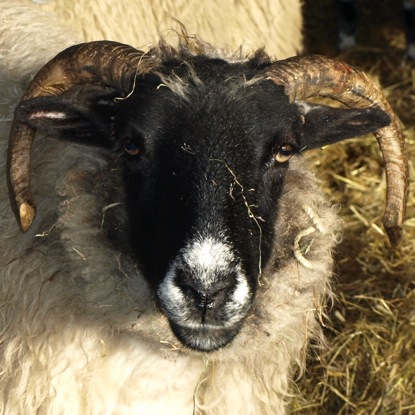
Humane slaughter
Livestock are routinely stunned to render them unconscious and insensible to pain and distress associated with slaughter. The RVC has competed and is conducting numerous studies into different stunning and slaughter methods to improve their effectiveness and humaneness.

Challenge
Livestock and other animals are stunned and dispatch for slaughter, disease control and population management. The RVC has a well-established Animal Welfare Science and Ethics research centre and members of the team study methods of stunning and dispatch of a variety of species in a variety of settings. The research is designed to help systems evolve and become more humane and less stressful for animals. The research is shared with stakeholders, which enables them to make scientifically informed changes that reduce animal distress.
Solution
The animals and settings focused on by RVC researchers is broad. Studies include:
- Maximising the humaneness of poultry and waterfowl slaughter
- Investigation of the pathophysiology of captive bolt injury in sheep, alpacas and horses
- Development of alternatives to waterbath stunning for small to medium scale poultry producers
- Assessment of the humaneness of slaughter methods for guinea pigs for human consumption in the Andean region of South America
- Development of humane methods for the dispatch of kangaroo in-pouch young
- The effect of position of the neck cut on time to loss of consciousness in cattle slaughtered without stunning
- Comparison of upright and inverted restraint of cattle during slaughter without stunning
- Welfare assessments of poultry gas stunning methods
- Welfare implications for new emergency methods whole house poultry disease control killing
